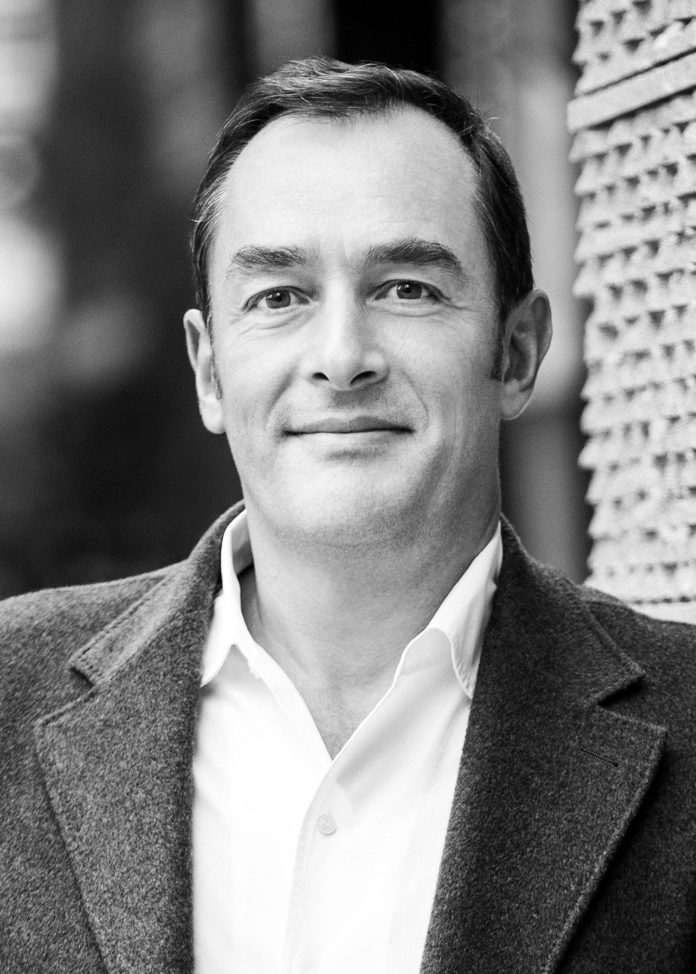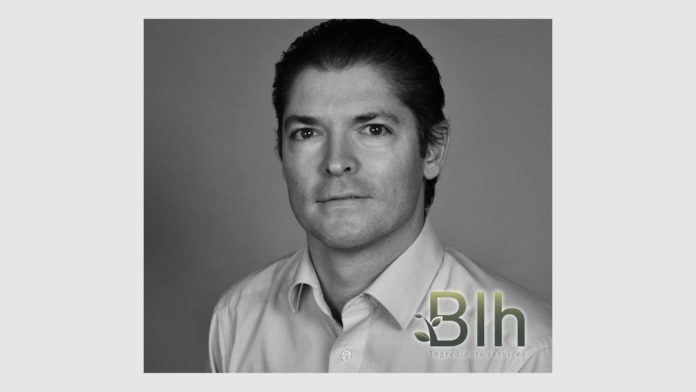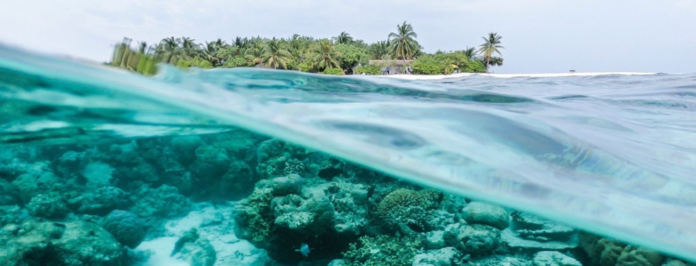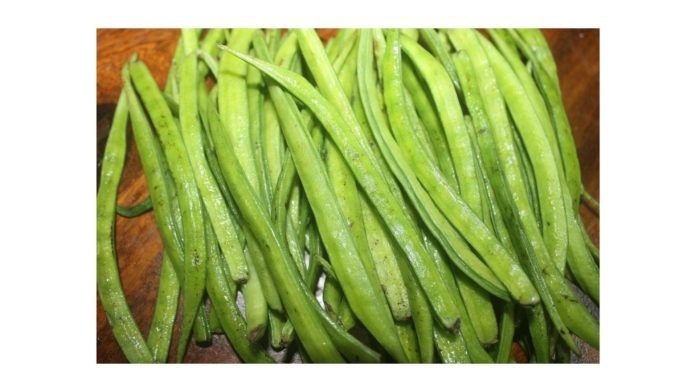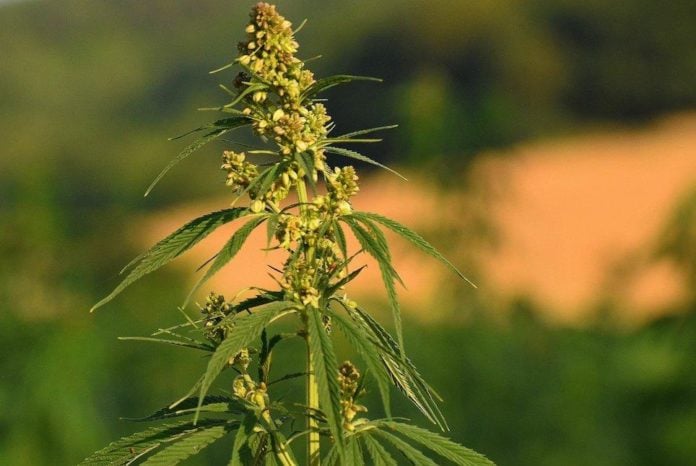To mark World Fragrance Day on March 21, the L'Oréal group and neurotechnology specialist Emotiv have announced a strategic beauty partnership to help consumers make precise, personalized choices about their fragrance desires. The partnership combines Emotiv's neurotechnology tool with L'Oréal's proprietary scents and algorithms.
"We are constantly developing personalized and innovative experiences for our consumers, explains Guive Balooch, Director of L'Oréal's Tech Incubator. The intersection of neurotechnology, artificial intelligence and science offers exciting prospects. Choosing a fragrance is a very complex science. This partnership promises innovation for the entire beauty industry, as it is truly the first time that consumers will have access at the point of sale to a cutting-edge experience using neuroscience to provide them with precise, personalized fragrance advice."
Created by the Tech Incubator from L'Oréal, luxury brand Yves Saint Laurent and a team of fragrance experts, in collaboration with Emotiv, this fragrance consulting experience links neurological responses to fragrance preferences through a multi-sensor headset based on EEG technology. The headset uses machine-learning algorithms to interpret the EEG, while consumers explore exclusive scent families, to enable fine-grained detection and analysis of behavior, preferences, stress and attention, in real context. This unique experience helps consumers determine which scents best respond to their emotions.
"Together with L'Oréal, we hope this partnership will offer unique insights into how consumers feel about fragrances, and the emotions that scents objectively trigger in them, says Tan Le, Managing Director of Emotiv. We're simplifying the decision-making process by linking emotion and scent through technology, like no one has ever done before. Founded on science and the power of data, this technological revolution will help consumers decipher which scents are best suited to their needs."
More than three quarters (77 %) of consumers want a fragrance that gives them emotions. In a blind test, L'Oréal also found that people associate different emotions and sensations, including joy and relaxation, with their olfactory preference. More than half of consumers aged 12 to 34 say they choose a fragrance according to their mood.
"There are hundreds of thousands of scents, and we know that it can be difficult for consumers to explore this vast number of options and choose the right fragrance for them, says Stephan Bezy, International General Manager of Yves Saint Laurent Beauté. Thanks to this immersive system, we've been able to offer 95 % users the right fragrance, customized to their expectations and desires - a much higher result than without this technology. This is a huge first step in this category. Once we know which scents bring joy, energy, or other emotions, we can go even further in personalizing fragrances - the potential is infinite."
The experience will be available worldwide in Yves Saint Laurent flagships in several countries by the end of the year and throughout 2023.





